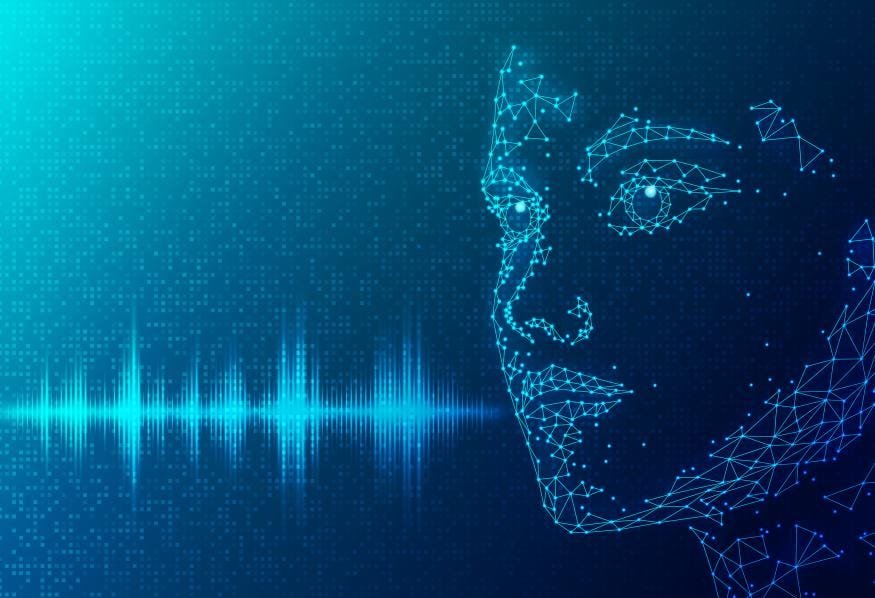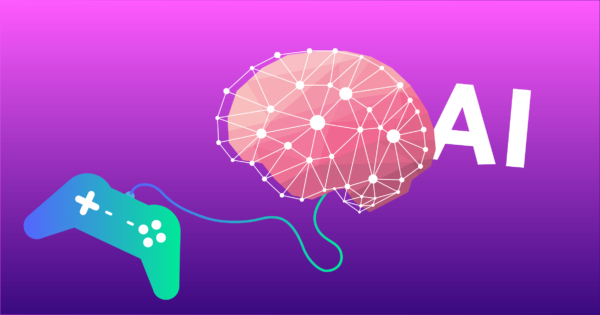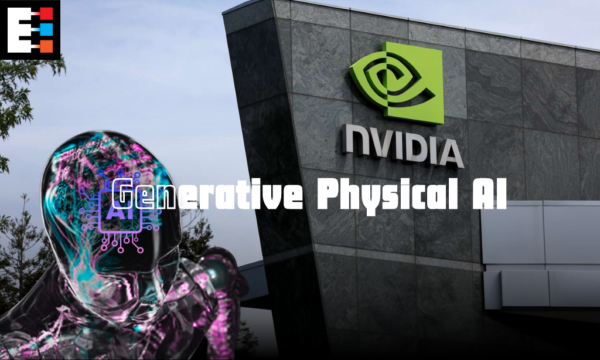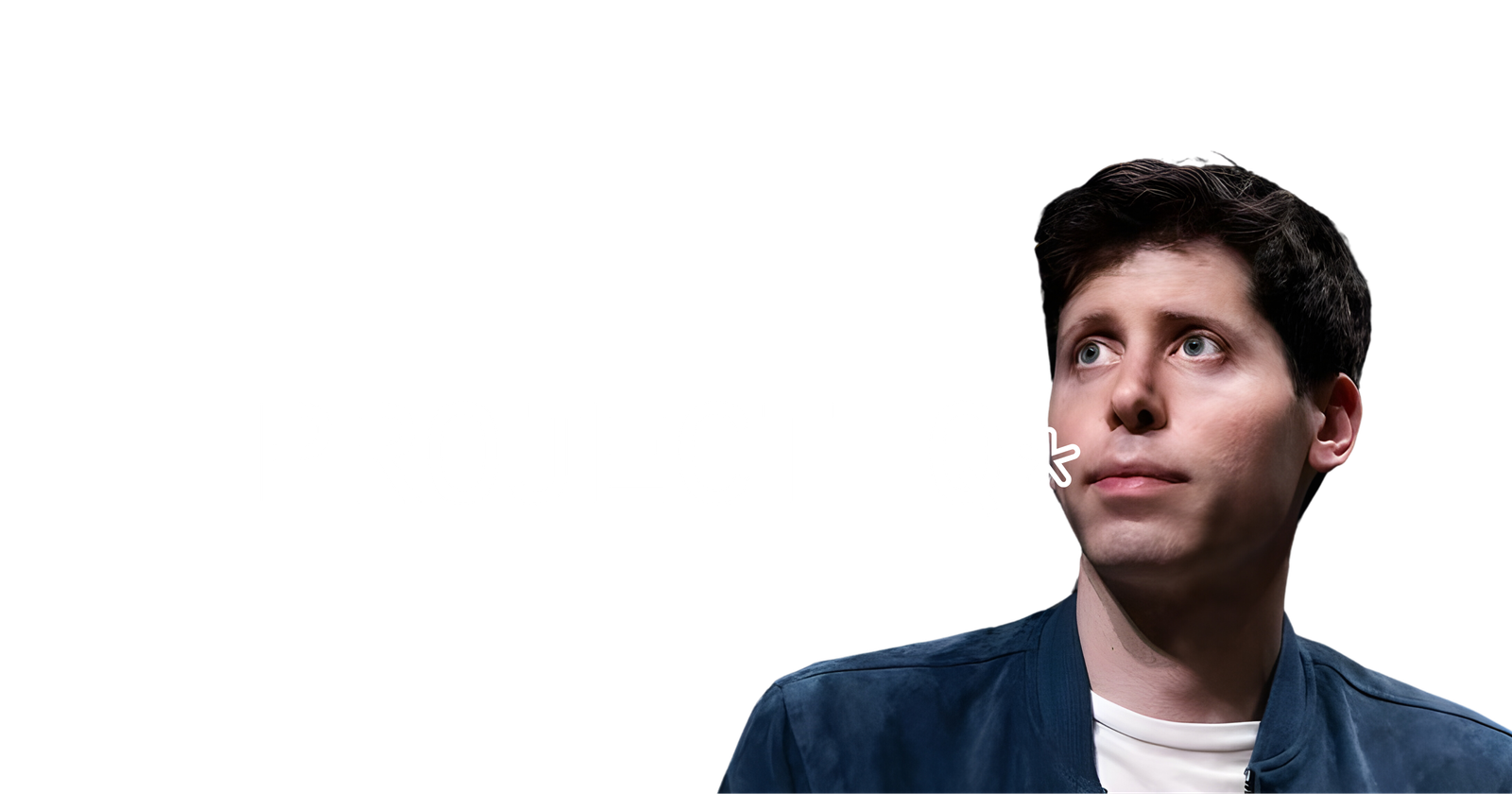The Uncanny Valley : The Scary Truth About AI Voice Replication

The field of artificial intelligence (AI) has achieved amazing advances in mimicking human abilities; one particularly notable accomplishment is the reproduction of speech. This technology offers convenience and innovation but raises several troubling potential and ethical questions. The ability to accurately imitate human voices has created a new frontier where the line between artificiality and reality becomes increasingly blurry, leading to an unsettling experience known as the Uncanny Valley.
Alarming Realities of AI Voice Replication:
Deepfake Dangers:
The abuse potential of AI voice replication is particularly alarming, as it can be exploited to generate deepfakes. With this technology, dishonest people can edit audio recordings to create fake conversations or spread misleading information while seeming authentic. Imagine a world where celebrities, government figures, or even personal friends could be convincingly impersonated, with disastrous results.
Social Engineering and Deception
Phishing techniques and social engineering attacks can make use of AI-generated voices. Imagine answering a call that sounds like it comes from your bank, asking for private information. Even the most watchful people could be easily tricked by the uncannily accurate voice, leading to identity theft, financial losses, or unwanted access to sensitive information.
Ethical Issues
The creation of lifelike voice imitations raises ethical questions about privacy and permission. It becomes difficult to distinguish between real and fake communications if someone can record your voice without your permission. This threatens our confidence in spoken communication in personal and professional contexts.
Emotional Exploitation
AI voice replication can reproduce subtle emotional characteristics in addition to word imitation. Imagine getting a call that perfectly mimics the tone and emotional nuances of a loved one, only to find out later that it was a fake call designed to make you feel bad. This kind of emotional deceit could have a significant negative psychological impact on people.
Conclusion:
The development of AI voice replication represents a turning point marked by scientific advances and moral dilemmas. Although the accuracy with which human voices can be replicated has great potential, it also poses serious risks. Because deepfakes, fraud, and emotional manipulation are such serious threats, society must work together to develop ethical standards and legal frameworks to combat these issues. As artificial intelligence (AI) grows increasingly ingrained in our daily lives, we must take careful and cautious steps to avoid falling into the Uncanny Valley and ensure that voice reproduction technology advances society rather than being used as a means of trickery and exploitation.
Read More:
“Reimagining Humanity: A Frontier Of Biohacking Enhancement”
“Attack On Titan, A Masterpiece Anime Has Officially Ended”








Thank you for your sharing. I am worried that I lack creative ideas. It is your article that makes me full of hope. Thank you. But, I have a question, can you help me?